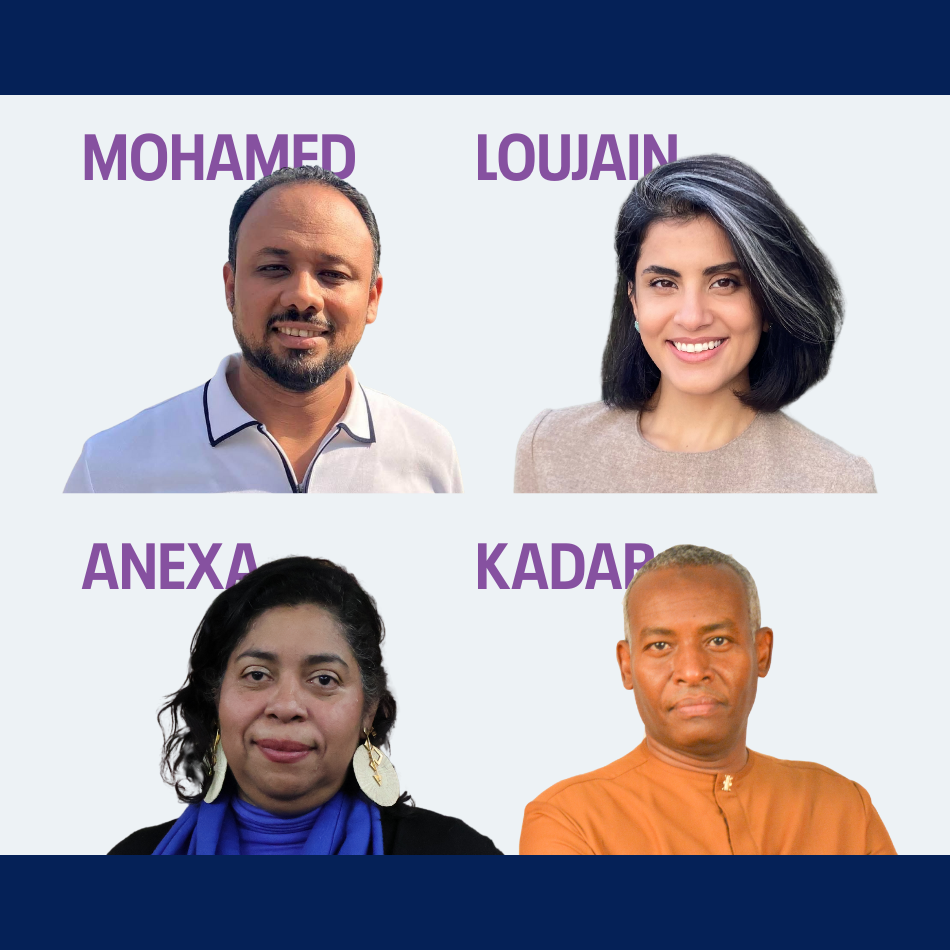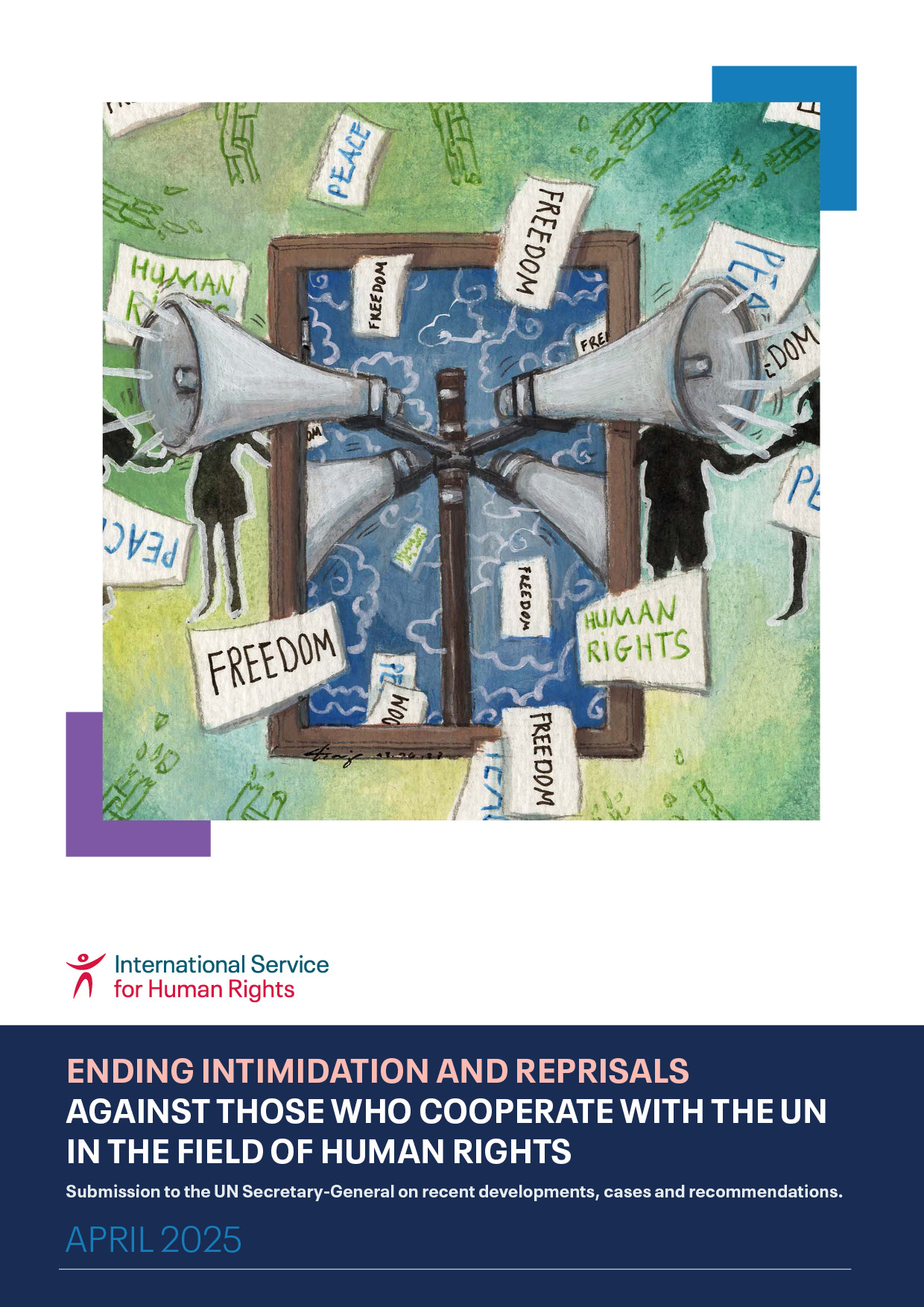ISHR welcomes the inclusion in the report of the case of Basma Mostafa, a woman human rights defender and journalist from Egypt who is subject to targeted transnational repression (TNR). Basma is a 2024 alumna of ISHR’s Human Rights Defender Advocacy Programme (HRDAP) and works at the European level to document and uncover TNR networks in a range of countries.
In its recent brief on the issue, the Office of the High Commissioner for Human Rights (OHCHR) identified four areas of recommendations to tackle TNR: awareness and training; holistic protection for at-risk individuals’ accountability and legal recourse; and digital security and technological measures.
ISHR calls on OHCHR to provide further detailed guidance on these four areas of recommendations, including in the context of addressing cases of reprisals occurring transnationally. ISHR further calls on States to refrain from committing, enabling or condoning acts of TNR, and taking steps, including in coordination with others, to take preventive measures, hold perpetrators accountable, and provide adequate protection and redress to victims. The Human Rights Council and its mechanisms should develop international standards to prevent and address TNR, considering its interlinkage with patterns of intimidation and reprisals.
Notably, thirty-two States are mentioned in the report as allegedly perpetrating reprisals, with almost a third being members of the Human Rights Council. While ISHR appreciates the inclusion of important new trends, such as transnational repression, we regret the lack of follow-up on several unresolved cases and the failure to acknowledge acts of reprisals against UN experts.
It is untenable for the UN to ignore reprisals against individuals who face reprisals for carrying out their UN mandates.
ISHR also regrets that the Secretary-General has not followed up on several unresolved cases. To name but just a few examples: Human rights defender Kadar Abdi Ibrahim from Djibouti remains banned from travel since participating in the country’s Universal Periodic Review in Geneva in 2018. Mohamed El-Baqer, a lawyer and human rights defender from Egypt may have been released, but he is not fully free. He submitted information to the UN, was arbitrarily detained and is now on a terrorist list, unable to leave his country. Anexa Alfred Cunningham is a UN expert on Indigenous Peoples’ rights who remains unable to return to her homeland in Nicaragua after coming to Geneva to fulfil her mandate.
Finally, ISHR also regrets that several cases it submitted to the Secretary-General’s report were not included. These include cases where activists had been severely intimidated by State and actors under their effective control, including Government-organised non-governmental organisations (GONGOs), and cases where individuals were targeted through intentional intimidation and reprisals against their family members in their home countries.






